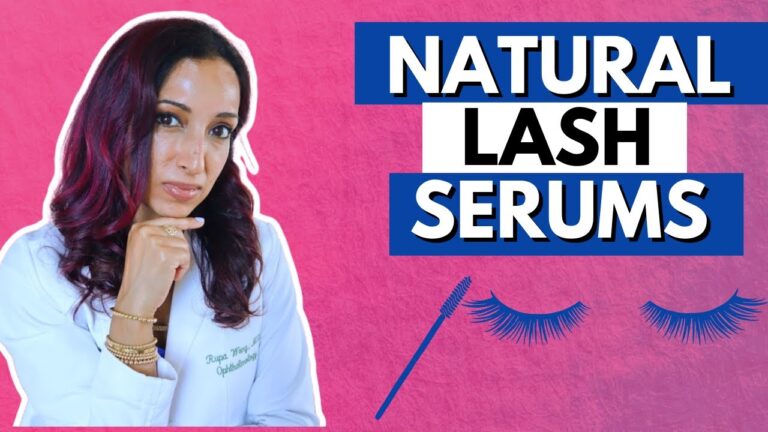Unlocking the Benefits: Niacinamide for Dry Skin
Niacinamide for Dry Skin: A Beneficial Skincare Ingredient?
When it comes to skincare, there are tons of ingredients out there that claim to do wonders for all skin types. One such ingredient that’s been garnering a lot of buzz lately is niacinamide. But is niacinamide really good for dry skin? Let’s explore.
Niacinamide, also known as vitamin B3, is a water-soluble vitamin that can be found in many skincare products. It’s known for its various benefits, such as reducing inflammation, improving skin elasticity, and maintaining the skin’s natural moisture barrier. These qualities make it a prime ingredient for those with dry or dehydrated skin.
One of the main reasons niacinamide is beneficial for dry skin is its ability to boost the production of ceramides, which are essential for maintaining the skin’s protective barrier. This barrier helps to prevent moisture loss and keeps the skin hydrated. Additionally, niacinamide helps to improve the skin’s natural lipid barrier function, which leads to less water loss and increased skin hydration.
Another benefit of niacinamide is its ability to reduce inflammation, which can exacerbate dry skin. Inflammation can arise from a variety of factors, such as exposure to pollutants, harsh weather conditions, or certain skincare products. By reducing inflammation, niacinamide helps to soothe the skin and reduce the appearance of redness and irritation.
But how do you incorporate niacinamide into your skincare routine? One easy way is to look for products that contain this ingredient, such as serums or moisturizers. The Ordinary Niacinamide 10% + Zinc 1% is a popular option that’s both affordable and effective. You can also look for niacinamide in combination with other hydrating ingredients, such as hyaluronic acid or glycerin, to further boost its moisturizing properties.
If you’re new to niacinamide, start by using products with a lower concentration and gradually work your way up. While niacinamide is generally well-tolerated by all skin types, some individuals may experience mild irritation or redness. As with any new skincare product, it’s important to patch test first and observe how your skin reacts.
In conclusion, niacinamide can be a beneficial ingredient for those with dry skin. Its ability to improve the skin’s moisture barrier and reduce inflammation make it a valuable addition to any skincare routine. When looking for products that contain niacinamide, look for those that are formulated specifically for dry or dehydrated skin, and start with a lower concentration to ensure your skin can tolerate it.
Most searched products:
Does Sephora Support Israel? Answering Your Questions
The Ultimate Guide to Azealic Acid: Benefits, Uses, and Side Effects
How Long Does Glycolic Acid Take to Show Results: Your Ultimate Guide
Discover the Benefits of The Ordinary Botox for Your Skin
The Ultimate Reviews of The Ordinary Peeling Solution
The Ultimate Guide to The Ordinary Colours Foundation: Reviews, Swatches, and Tips
The Perfect Order: When to Use Retinol and Niacinamide in Your Skincare Routine
Unlock the Power of Hyaluronic: Benefits, Uses, and Top Products
Say Goodbye to B.O with Glycolic Acid Deodorant: The Secret to Long-Lasting Freshness
Unlock Smooth and Supple Skin: Discover the Best Skincare Products for Skin Suppleness













